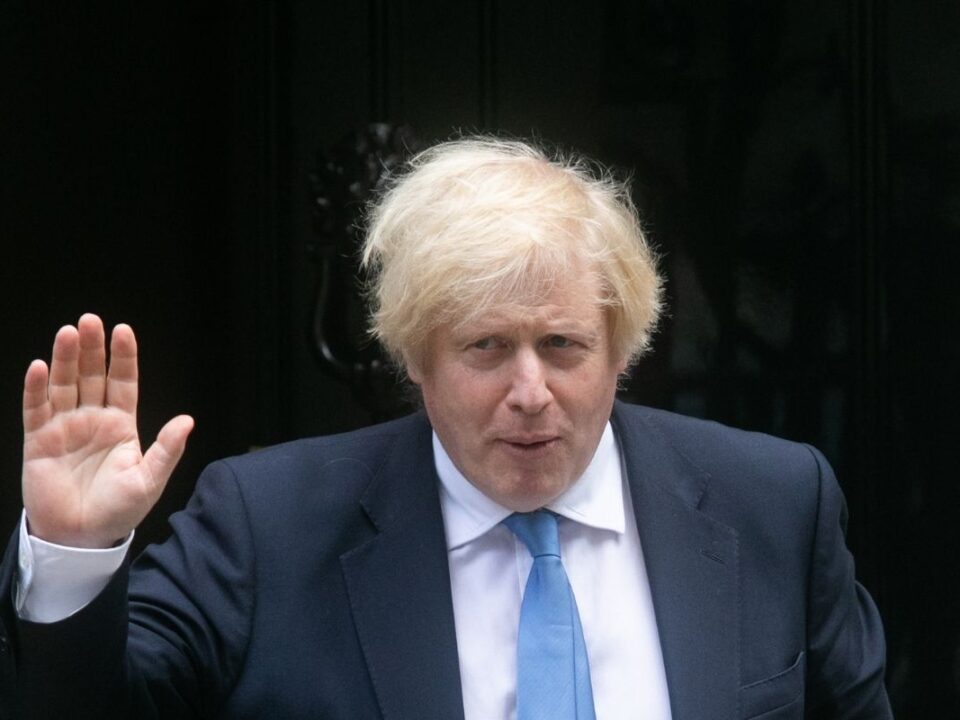Boris Johnson has resigned as Britain’s Prime Minister following months of turmoil surrounding his leadership.
The Conservative leader has faced constant calls to resign since December after reports emerged of parties being held by politicians and government officials while the country faced strict Covid lockdown restrictions.
In April, Johnson was fined for attending a surprise birthday party held in his honor during the first lockdown in 2020.
Johnson saw off a vote of no confidence called by his own Members of Parliament (MPs) last month.
However, he bowed to pressure to resign on Thursday after more than 50 government ministers, including Chancellor Rishi Sunak, resigned from office following claims he and his team misled them over whether he knew of sexual harassment allegations against his Deputy Chief Whip, Chris Pincher, before appointing him.
In a statement delivered outside of Number 10 Downing Street, Johnson said: “It is clearly now the will of the parliamentary Conservative Party that there should be a new leader of that party and so a new Prime Minister.
“The process of choosing that new leader should begin now.”
He went on to state that he will serve in his role “until a new leader is in place,” although this is uncertain as the Leader of the Opposition, Keir Starmer, has threatened to hold a vote of no confidence in the government should Johnson not depart immediately in favor of an interim leader.
Johnson leaves office fewer than three years after winning the 2019 General Election.
He has been a controversial figure; popular with some as the Prime Minister who led Britain out of the European Union and took charge during the Covid-19 pandemic, but deeply unpopular with others due to his campaign to leave the EU, allegations of personal impropriety, the ‘partygate’ revelations, and a cost of living crisis.
